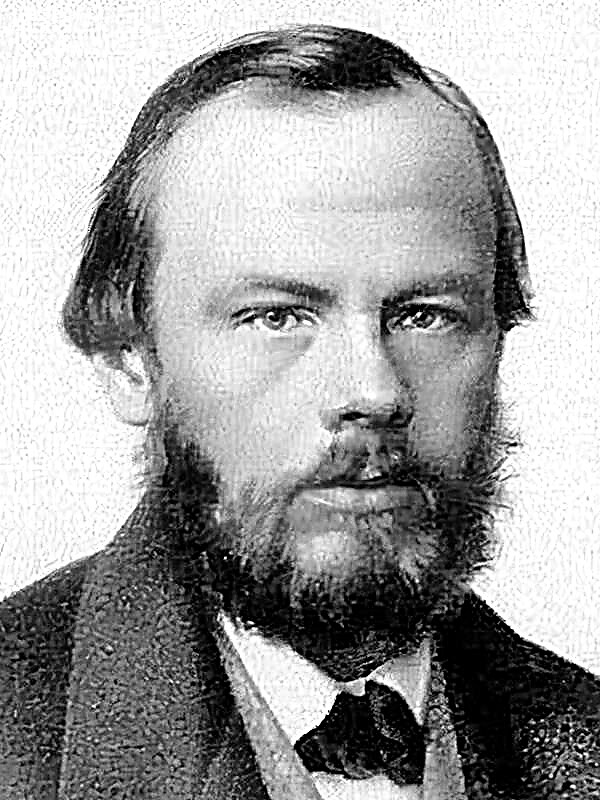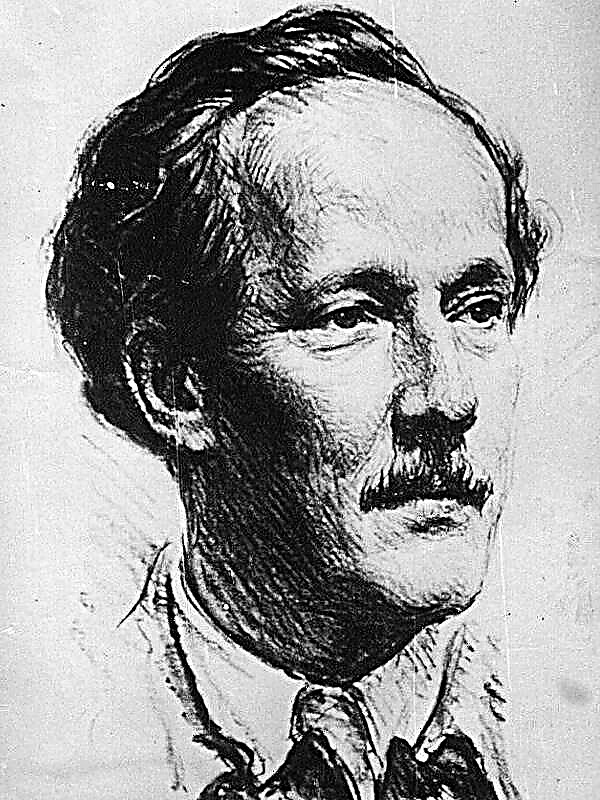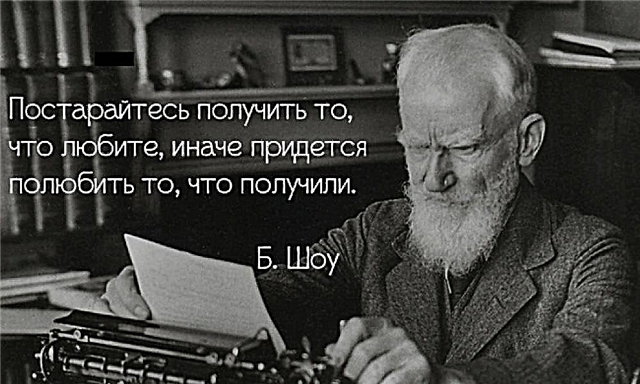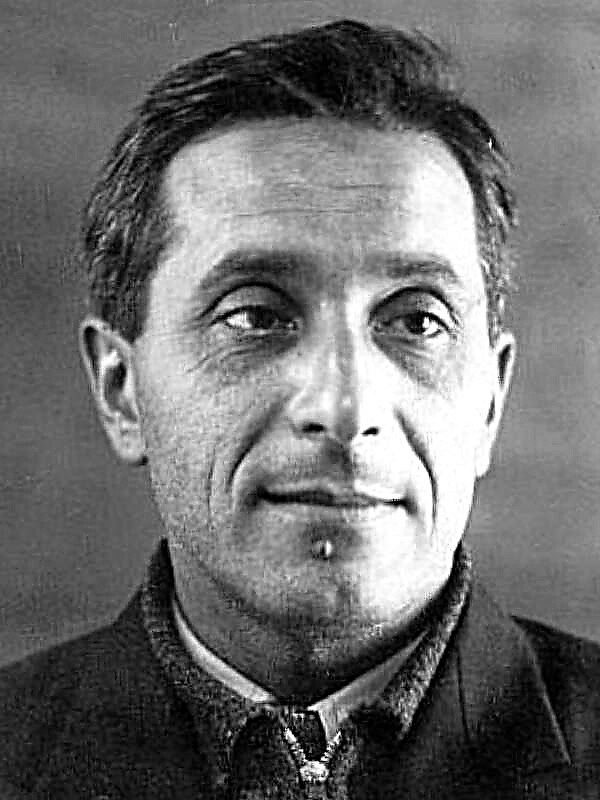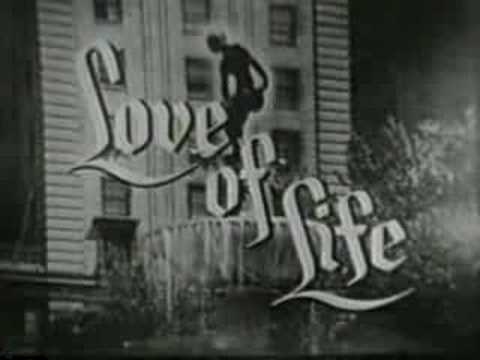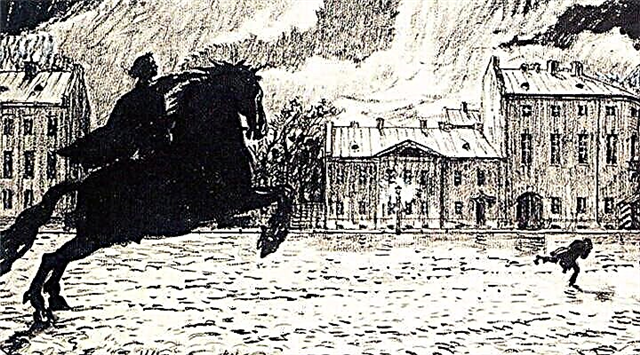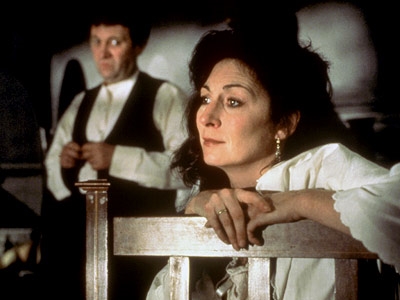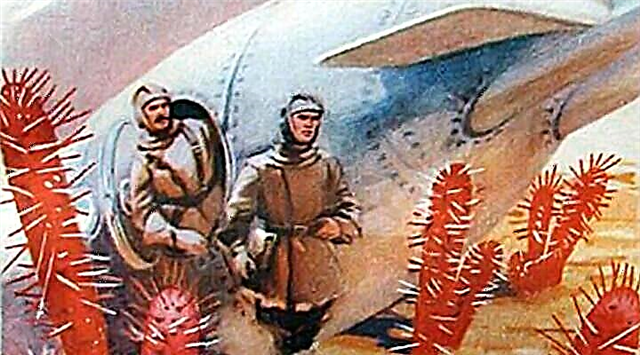(230 words) A little man in A. Chekhov's prose is an image that has become a landmark for Russian literature and has united completely heterogeneous heroes, each of whom is experiencing a genuine human tragedy. Chekhov's little people are slaves of conventions, wounded by life and subordinate to the social hierarchy. Submissive to everything, humiliated and humble, they are sometimes ridiculously ridiculous, but they always return the reader to the problem of mercy and sympathy.
In the story "Tosca" Chekhov creates another image of a small man - the cab driver Jonah Potapov, who recently buried his son. Among the crowded and noisy city streets, the hero feels lonely and lost. Sitting motionless on a gantry, bent under the weight of a longing gripping him, Jona impatiently and secretly awaits each of his new fellow travelers to share his grief with him: “Could there be at least one of these thousands who would listen to him”? However, the indifferent and somewhere in a hurry riders refuse to listen to him. The misfortune of the poor peasant does not touch the callous souls of random people, because his tragedy is the tragedy of a small, inconspicuous person.
For the whole day, Jonah did not find a person who could truly speak out. The spiritual suffering of the old man and his need for an interlocutor are so great that he opens the soul to his little horse, which, although it does not answer Jonah, it listens and seems to understand.
The touching and, at the same time, sad story of Jonah returns the reader to the problem of loneliness and helplessness of a small person in the face of the rest of the world, to the need for understanding and participation, even if accidental, but able to help him cope with grief that gripped him.

